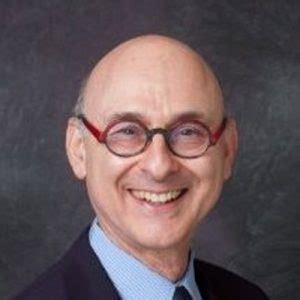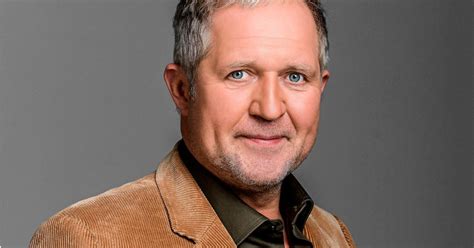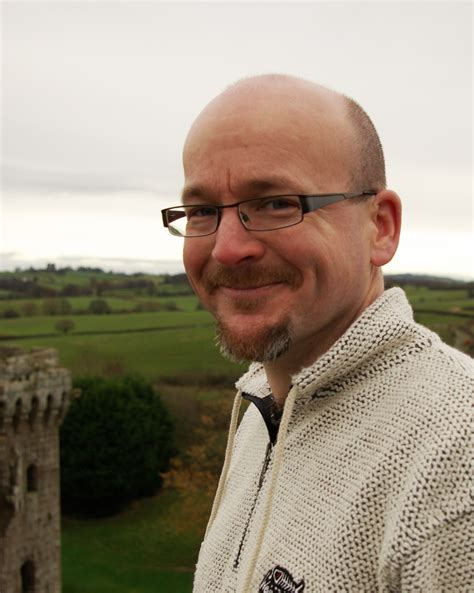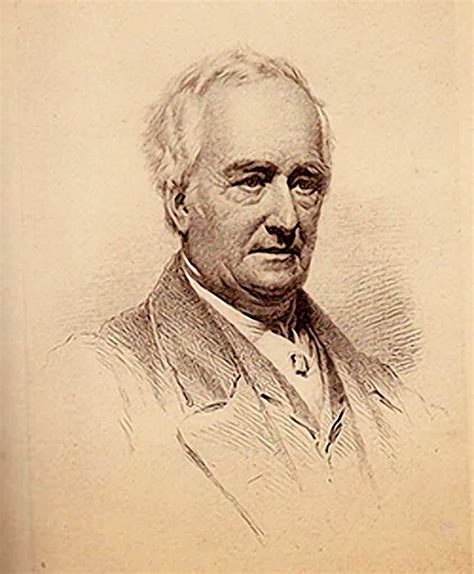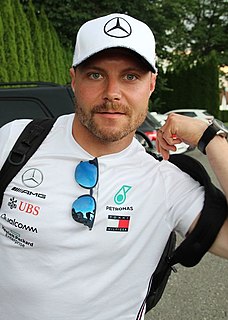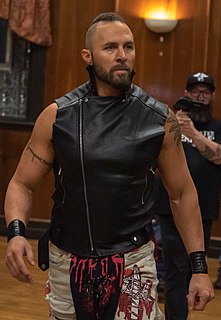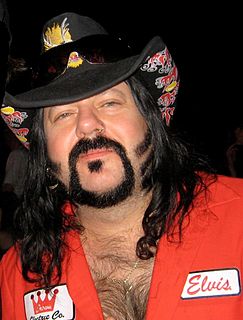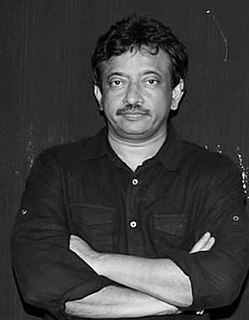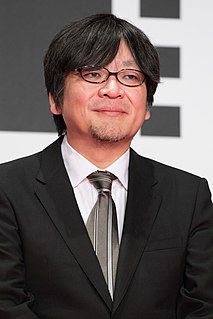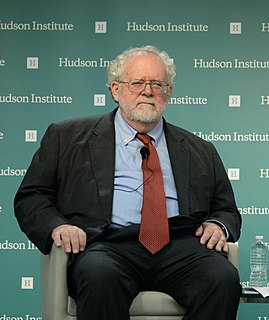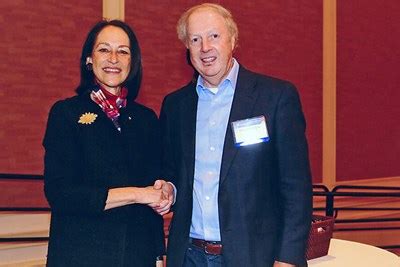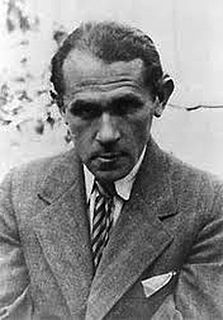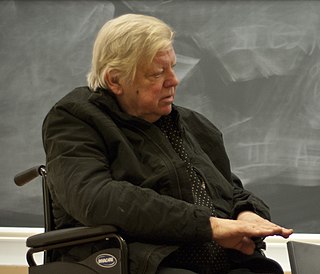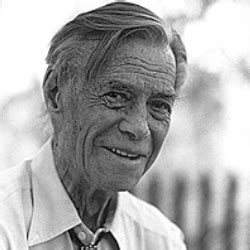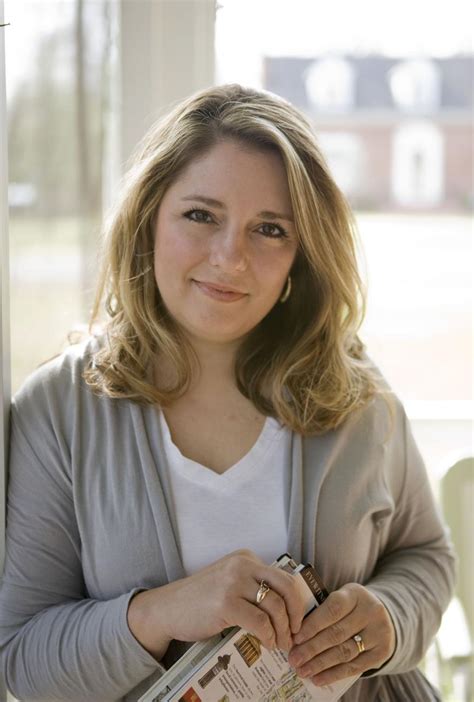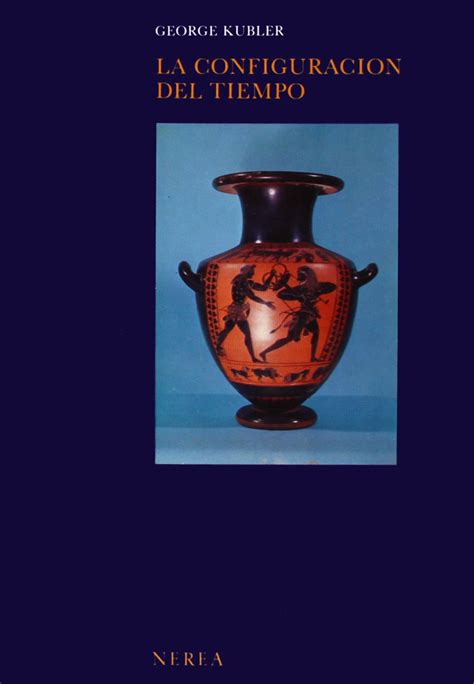Top 1200 Past Events Quotes & Sayings - Page 5
Explore popular Past Events quotes.
Last updated on November 14, 2024.
An inflated consciousness is always egocentric and conscious of nothing but its own existence. It is incapable of learning from the past, incapable of understanding contemporary events, and incapable of drawing right conclusions about the future. It is hypnotized by itself and therefore cannot be argued with. It inevitably dooms itself to calamities that must strike it dead.
It is a cruel, ironical art, photography. The dragging of captured moments into the future; moments that should have been allowed to be evaporate into the past; should exist only in memories, glimpsed through the fog of events that came after. Photographs force us to see people before their future weighed them down.
Now, we don't get that many specific threats against sporting events, per se. But we know from listening to the chatter how terrorists want to attack iconic events. So whether it's a major Fourth of July celebration or the Super Bowl or the World Series, we assume that that is what they're targeting.
The future and the past are equally meaningless because they are nebulous entities, times that do not exist, containing events which have no echo because they are gone, or which hold no import because they are yet to happen. What is important is the here and now, and now, and now, and the spaces between the nows.
We think that the world is limited and explained by its past. We tend to think that what happened in the past determines what is going to happen next, and we do not see that it is exactly the other way around! What is always the source of the world is the present; the past doesn't explain a thing. The past trails behind the present like the wake of a ship and eventually disappears.
Eyes Wide Open' took shape from two real life events straight from my own past. One was the sad suicide of my young nephew, a troubled kid, who was found at the bottom of a landmark cliff in central California. The second was a chance encounter forty years ago with none other than, ahem, Charles Manson!
The true historical genius, to our thinking, is that which can see the nobler meaning of events that are near him, as the true poet is he who detects the divine in the casual; and we somewhat suspect the depth of his insight into the past who cannot recognize the godlike of to-day under that disguise in which it always visits us.
The Past is dead, and has no resurrection; but the Future is endowed with such a life, that it lives to us even in anticipation. The Past is, in many things, the foe of mankind; the Future is, in all things, our friend. In the Past is no hope; The Future is both hope and fruition. The Past is the text-book of tyrants; the Future is the Bible of the Free. Those who are solely governed by the Past stand like Lot's wife, crystallized in the act of looking backward, and forever incapable of looking before.
As far as me, I'm just looking forward to the future. There's a lot of people that look to the past. I've learned from the past, absolutely. I know my past absolutely. I'm not discrediting or... ignoring my past in any way, but my focus has always been moving forward, moving forward into the future.
I spoke at, I think, four of the Trump rallies that were in Florida, and these were not highly coordinated events. I would often learn of the program of one of these events just a day or so before the event itself. That seems to evidence the point that these were not people off colluding with Russia.
Digging back through the events of the past, I found that there have been all sorts of people who had a greater effect on us than our own fathers. Perhaps an adult that we wanted to become like, or someone with such a strong presence that even now, they remain in our hearts - someone who might be referred to as a "father of choice."
Idealism sees the world in God. It beholds the whole circle of persons and things, of actions and events, of country and religion,not as painfully accumulated, atom after atom, act after act, in an aged creeping Past, but as one vast picture, which God paints on the instant eternity, for the contemplation of the soul.
Neville recommends at the end of every day, before you go to sleep, to think through the events of the day. If any events or moments did not go the way you wanted, replay them in your mind in a way that thrills you. As you recreate those events in your mind exactly as you want, you are cleaning up your frequency from the day and you are emitting a new signal and frequency for tomorrow. You have intentionally created new picture for your future. It is never too late to change the pictures.
Unlike some, I don't claim to hold the mystic key to the future. But judging from past events, it seems to me that those who want to prophesy the imminent end of America's unique global role have a harder case to make than those who think we will limp on for a while, making a mess of things as usual.
Organismic awareness is awareness of the Present only - you can't taste the past, smell the past, see the past, touch the past, or hear the past. Neither can you taste, smell, see, touch or hear the future. In other words, organismic consciousness is properly timeless, and being timeless, it is essentially spaceless.
I see a lot of actors that are doing things to please their coaches, their teachers in the past. They say 'No' to parts they should have said 'Yes' to simply because of the opinion of people in their past. I have no one in my past who is judging me and saying, 'Maybe you shouldn't do that.' I'll do it all.
Time is not a linear flow, as we think it is, into past, present, and future. Time is an indivisible whole, a great pool in which all events are eternally embodied and still have their meaningful flash of supernormal or extra - sensory perception, and glimpse of something that happened long ago in our linear time.
Actuality is when the lighthouse is dark between flashes: it is the instant between the ticks of the watch: it is a void interval slipping forever through time: the rupture between past and future: the gap at the poles of the revolving magnetic field, infinitesimally small but ultimately real. It is the interchronic pause when nothing is happening. It is the void between events.












